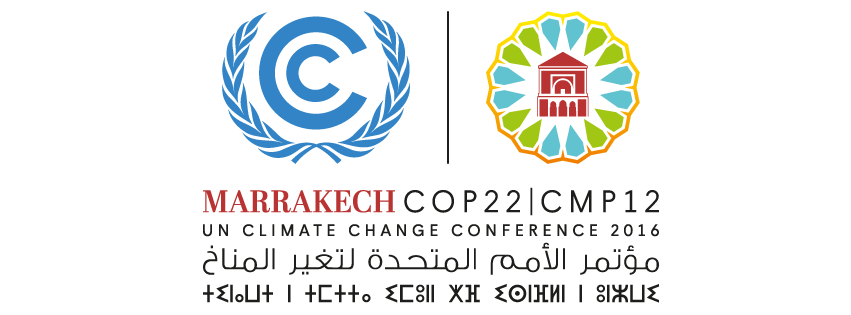Before COP22, Hivos stated that this year’s Climate Conference needed to integrate the discussion on SDG7 (Energy Access for All) with countries’ climate commitments and climate finance. Now, at the end of the November 2016 conference in Marrakech, we are encouraged to see that 48 climate vulnerable countries showed great leadership and made bold commitments to power themselves entirely on renewable energy as rapidly as possible, while ending energy poverty (CVF Marrakech Vision). All this in the midst of fears that a Trump-led US could slow down climate action.
However, actual progress on the core aspects of the Paris Agreement was limited. Governments did reaffirm their commitments to work together on implementing the Paris Agreement – by now, 111 countries have ratified the Agreement – and also finally agreed to complete drafting the rules for the Paris Agreement by 2018 and do an assessment of climate action that year. But climate action needs climate finance, and that is proving to be an unresolvable sticking point. Developing countries wanted to be reassured by developed countries that they will increase funding, especially for adaptation efforts, and criticised the accounting used for the USD 100bn climate finance roadmap. Yet developed countries insisted the roadmap showed they were on track. Unfortunately, we can only move from words to action if they can surmount this obstacle.
To stress the urgency for action, the countries gathered in Marrakech released the Marrakech Action Proclamation that underlines the need for funds to go to the most vulnerable countries and to link climate finance with poverty eradication. “Now we need to see fewer words and more countries following the example set by the first 48. Their commitments must be supported by additional and adequate climate finance specifically targeting energy access through decentralised renewable energy”, says Eco Matser, Programme Manager of the Hivos Green and Inclusive Energy programme.
To spread the message of the need for more climate finance for energy access through decentralised renewable energy in low-income countries, Hivos organised an array of events showcasing exemplary initiatives (like Sumba Iconic Island) that have already made great strides towards a 100% renewable energy future, and recent Hivos/IIED research that reveals how only 3.5% of public climate finance currently goes towards decentralised renewable energy, a key solution to energy poverty.
One of the highlights was the ‘100%RE for 1.5C’ high-level event, organised by Hivos together with a vast civil society coalition, the COP22 presidency and the Climate Vulnerable Forum (CVF). The event was an unprecedented occasion, with heads of state, business leaders, mayors, community leaders such as Hivos partner Umbu Jianji from Sumba, and the COP Presidency all expressing their commitment to reaching 100% renewable energy. Officially hosted by the COP22 presidency and the CVF, the event gave great impulse to the commitments made by the 48 CVF countries later that week.
Despite the outcome of the US elections, delegates stated time and again during the negotiations that no single country could halt worldwide climate action momentum. The move by the Climate Vulnerable Forum only underlines this further and calls for an integrated approach were climate action also increases access to renewable energy for all.




